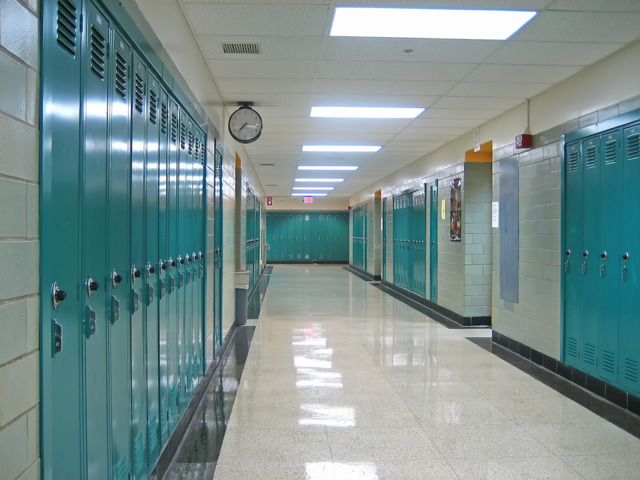Gov. Ron DeSantis signed a bill Friday limiting the use of a “mechanical restraint” on students.
The bill (HB 235) outright bans staff from using mechanical restraints on students, unless they are school resource officers or school guardians.
“Physical restraint may be used only when there is an imminent risk of serious injury and must be discontinued as soon as the threat posed by the dangerous behavior has dissipated,” the bill stipulates.
The new language is an update of legislation passed last year, which allowed restraints so long as they didn’t restrict airflow, blood flow or put students in a facedown position.
This year’s legislation removes the provision and limits restraint use by “authorized personnel” on students in grades 6 through 12.
Republican Rep. Rene Plasencia, a former Orlando teacher, sponsored the legislation. A mother of two, Senate Democratic Leader Lauren Book sponsored a companion bill (SB 390).
Plasencia told Florida Politics his home district utilizes physical restraint devices.
“It took us 12 years to pass the last bill and last summer we found out there was a carve-out for mechanical restraints,” Plasencia said. “There aren’t a lot of school districts that utilize this anymore, and there’s really no need for it.”
According to an analysis, school districts reported 2,579 restraining incidents on 1,853 students during the fall of the 2021-22 school year. Of those incidents, 3-5% involved mechanical restraints.
Book applauded news of the Governor’s approval.
“Students deserve to be safe at school, and parents deserve peace of mind,” Book said.
“The use of restraints can be traumatizing and physically harmful for children, and this policy will go a long way toward making sure Florida classrooms are as safe as possible for students with exceptionalities.”
Caitlyn Clibbon, public policy analyst for Disability Rights Florida, said the use of physical restraints is ongoing in nine Florida school districts.
“That means 59 districts have figured out how to safely educate students,” she contended.
The bill will take effect July 1.
This article first appeared at Florida Politics.


